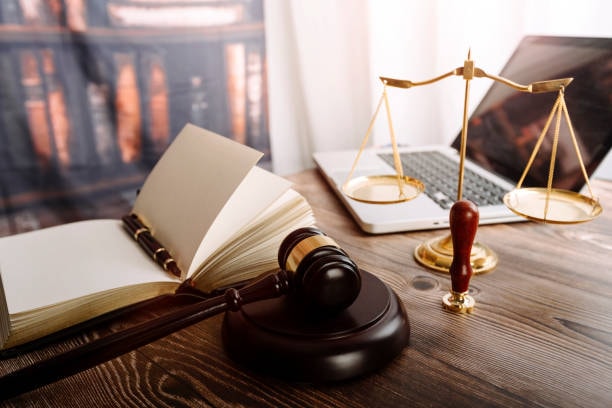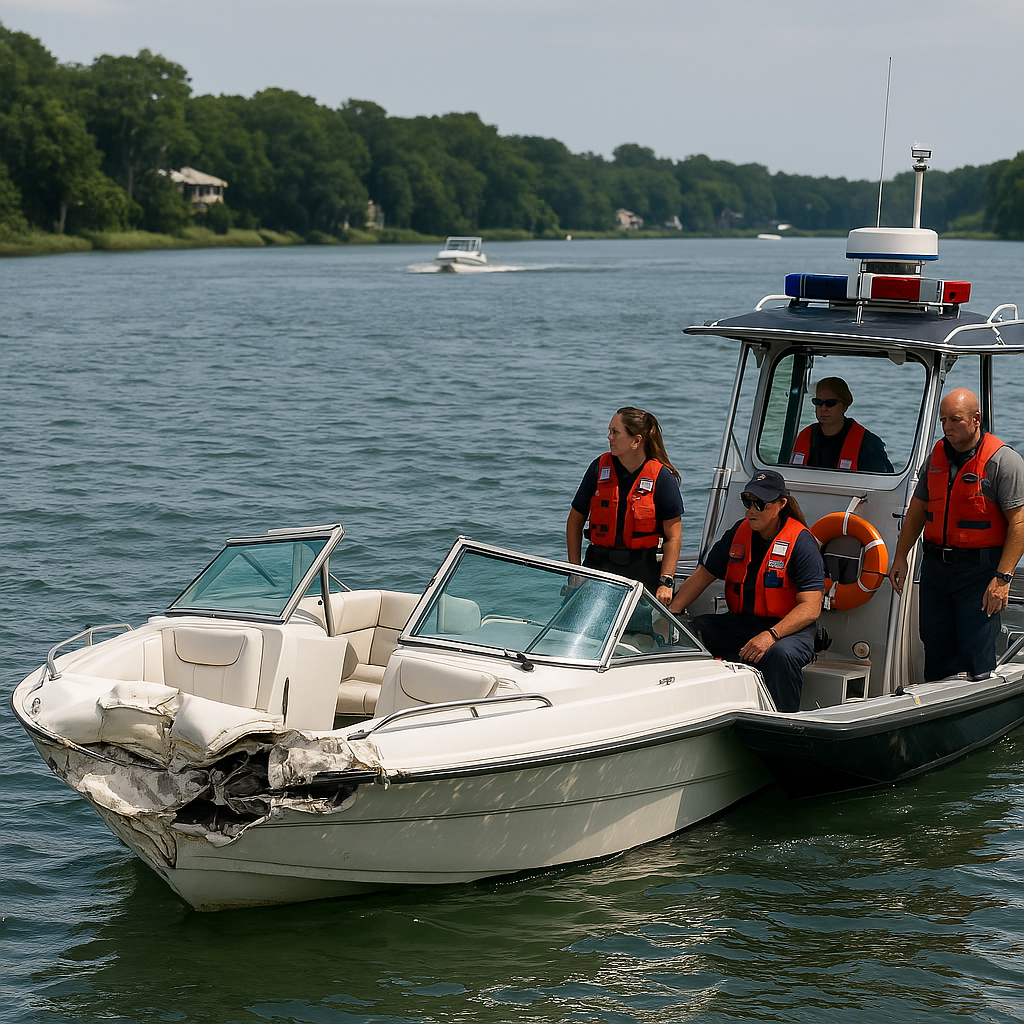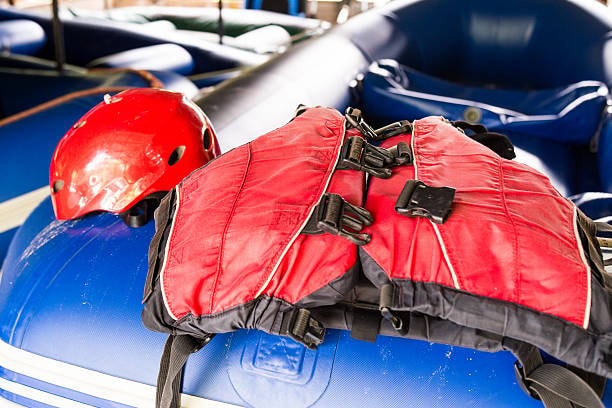Personal Injury Claims from Boat Accidents
Personal injuries resulting from boat accidents can range from minor cuts and bruises to life-altering conditions such as spinal cord injuries, broken bones, or traumatic brain injuries. The severity of the injuries often depends on the type of accident, such as collisions with other vessels, capsizing, or falls overboard.
In Savannah, boating accident claims typically involve medical expenses, lost wages, and pain and suffering damages. Victims may also seek compensation for long-term care if the injuries result in permanent disabilities. Medical bills are often a major component of a personal injury claim, as victims may need immediate emergency care, followed by extensive rehabilitation or physical therapy.
Additionally, personal injury claims may cover the loss of enjoyment of life, particularly in cases where the victim can no longer engage in activities they enjoyed before the accident, such as boating or other hobbies. Emotional distress claims are also common, as the trauma of a serious boat accident can lead to mental health issues such as anxiety, depression, or post-traumatic stress disorder (PTSD).
Commercial Vessel Accident Claims
Accidents involving commercial vessels, such as tour boats or fishing vessels, often involve more complex legal issues due to the heightened standards of safety and responsibility placed on these operators. Commercial vessels must adhere to stricter regulations, including regular maintenance checks, employee training, and safety protocols to prevent accidents.
In the case of commercial vessel accidents, victims may pursue claims not only against the individual operator but also against the company that owns the vessel. If the accident was caused by the company’s failure to properly train its operators or maintain the vessel, the company may be held liable for the damages resulting from the accident. Commercial vessel accidents often involve significant property damage, injuries to multiple passengers, or even fatalities, making them some of the most serious boating accident claims.
Filing a Personal Injury Claim After a Boat Accident
Immediate Steps to Take After a Boat Accident
When a boating accident occurs in Savannah, GA, the first step is always to get medical attention. Even if injuries seem minor, some may not be immediately apparent, such as internal bleeding or concussions. Early medical documentation is essential for a boating accident claim.
Next, it’s crucial to report the accident to the Georgia Department of Natural Resources (DNR) if there are injuries, fatalities, or significant property damage. Collecting evidence at the scene, including photographs, witness statements, and any other relevant information, is also key to building a strong case.
Role of Boating Accident Attorneys
Boating accident attorneys specialize in helping victims navigate complex maritime law and Georgia’s specific boating regulations. They assist in collecting evidence, negotiating settlements, and representing victims in court if necessary. An experienced attorney ensures the victim’s rights are protected and helps maximize compensation, especially when dealing with commercial vessels or more complex legal issues.
Types of Damages in Boating Accident Claims
Economic Damages
Economic damages are the measurable losses in a boating accident claim, including medical expenses, property damage, and lost wages. Medical expenses can be significant, covering both immediate care and long-term rehabilitation costs. If the victim is unable to return to work due to their injuries, lost wages and future earnings are also considered part of the claim.
Non-Economic Damages
Non-economic damages address the emotional and psychological toll of the accident. These include pain and suffering, loss of enjoyment of life, and emotional distress. These damages are harder to quantify but are vital for compensating victims who suffer long-term impacts from their injuries, such as the inability to participate in recreational activities or deal with ongoing emotional trauma.
Punitive Damages
In cases involving particularly reckless or negligent behavior, such as boating under the influence, punitive damages may be awarded. These are intended to punish the wrongdoer and deter future violations of boating laws.
Understanding the Settlement Process for Boat Accident Claims
Negotiating With Insurance Companies
Negotiating with insurance companies can be challenging, as they may try to minimize payouts. Having a boating accident attorney ensures that victims don’t settle for less than what they are entitled to. Attorneys can handle the negotiations, ensuring that all future medical costs, lost wages, and pain and suffering are accounted for.
Litigation and Court Process
If negotiations don’t lead to a fair settlement, the case may go to court. In litigation, an experienced attorney will present evidence and arguments, advocating for maximum compensation. The threat of litigation often prompts insurance companies to offer better settlements, but if the case goes to trial, a skilled attorney will represent the victim’s interests in front of a judge or jury.
Boating Safety and Preventing Accidents in Savannah, GA










